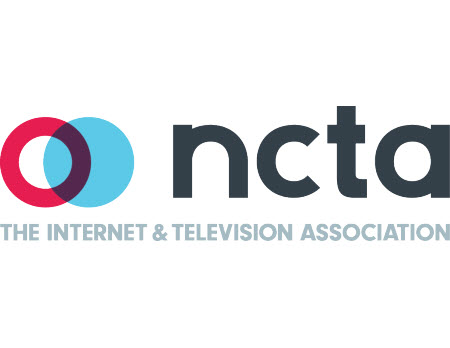NCTA Warns Against E-Rate Overbuilding
Said money should go, whenever possible, to existing service, not new plant

The smarter way to stay on top of the multichannel video marketplace. Sign up below.
You are now subscribed
Your newsletter sign-up was successful
Cable broadband operators want the FCC to confine its emergency E-rate Universal Service Fund broadband subsidies, where possible, to existing providers rather than spending on new infrastructure deployments, and to provide a streamlined application process.
The FCC under acting chair Jessica Rosenworcel sought comment on allowing E-Rate schools and libraries funds to be used for home broadband service and devices as the nation faces a continued pandemic and many schools in online learning mode. The commission's Wireline Competition Bureau sought input on three emergency petitions asking for that funding flexibility.
Also Read: House Approves Billions for Distance Learning
NCTA-the Internet & Television Association told the commission in its reply comments that "the fastest and most cost-effective manner to fund remote learning is by prioritizing E-rate support to fund currently available broadband service."
Digging ditches or erecting towers would not allow for the immediate access necessary, NCTA said, agreeing with USTelecom in its comments.
As with all potential overbuilding issues, NCTA told the FCC that infrastructure funding should not be allowed "where there is no current broadband service available, or where no broadband provider is willing and able to provide service to a location."
Not surprisingly, NCTA said that while some argue mobile hotspots are the best solution, it counters that in many areas a fixed broadband connection is "faster, more cost-effective, and more suitable for prolonged online learning."
The smarter way to stay on top of the multichannel video marketplace. Sign up below.
Per the 2000 Children's Internet Protection Act (CIPA), in order to get the E-rate subsidies, schools and libraries must certify that "they have an Internet safety policy that includes technology protection measures." That is to make sure there are no XXXs mixed in with the ABCs.
Rather than the multi-part CIPA certification, NCTA said that with the E-rate funding going to home broadband, schools and libraries ought to be able to meet the CIPA requirement in a variety of ways, including by certifying that their chosen provider offers content-filtering technology with all E-rate-subsidized service, by providing content filtering tools on school equipment, or giving a parent or guardian a list of free online content filtering tools and info on their home device.
Also Read: Teachers Cite Broadband Homework Gap
While House Democrats, and Rosenworcel as the senior FCC Dem, have been pushing the FCC for months to use E-rate money for remote learning, the FCC under former chairman Ajit Pai interpreted statute as preventing the FCC from using that E-rate money for home broadband or equipment for remote learning because he read the term "classroom" as restricting it to schools, even in a pandemic when the classroom has become the dining room or den for many.
Rosenworcel, by contrast, had said that was too restrictive and the FCC should have already been using E-Rate funds for learning from home.
Contributing editor John Eggerton has been an editor and/or writer on media regulation, legislation and policy for over four decades, including covering the FCC, FTC, Congress, the major media trade associations, and the federal courts. In addition to Multichannel News and Broadcasting + Cable, his work has appeared in Radio World, TV Technology, TV Fax, This Week in Consumer Electronics, Variety and the Encyclopedia Britannica.

